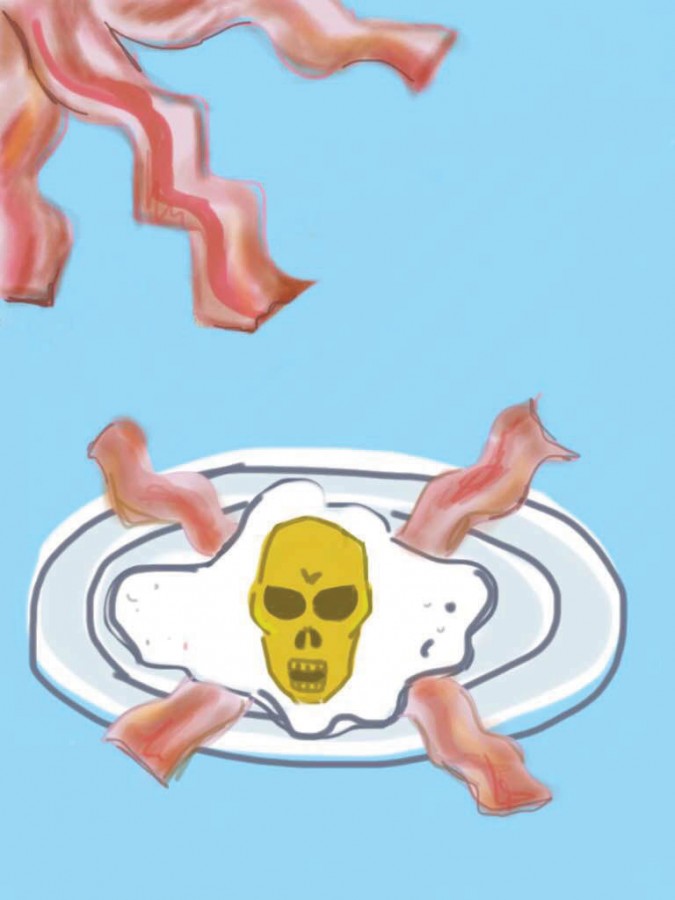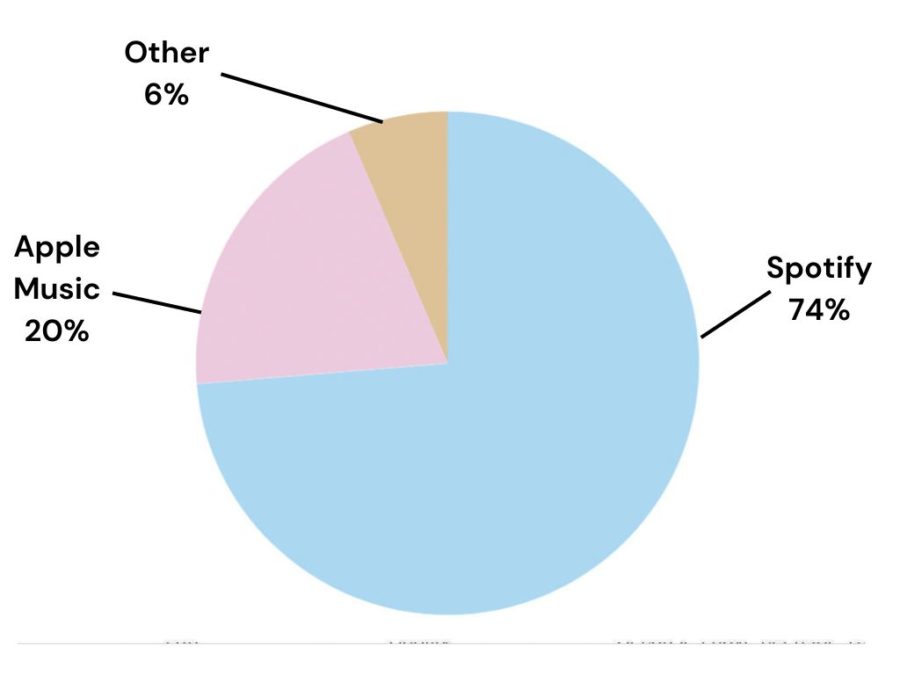Packs of bacon sit untouched on store shelves; Steak is treated with contempt rather than as an exquisite treat; Trash bins are piled high with lamb chops. While this may seem like some warped, dystopian future, it could soon become a reality.
Recently, the World Health Organization (W.H.O.) labeled red meats as a “definite” cause of cancer, and processed meats as a “probable” cause of cancer.
Red meat is any meat that is red before it is cooked; lamb, pork, and steak all fall under this category. Processed meats are any type of meat that has been altered to preserve the meat and extend its shelf life. Eating around 500 grams (about two 8 oz steaks) of these meats is fine, but go over that limit and the odds of cancer by 5%.
Science department chair Ann-Marie White outlines the science behind cancer. “Cancer is cells dividing very fast in an uncontrolled manner… So as where a normal cell would feel out its surroundings and make sure it has enough nutrients and space for it to expand, cancer cells…don’t get those signals that say there’s not enough space to keep on dividing.” This constant division is what creates tumors, which harms the body by consuming needed nutrients and putting pressure on nearby organs and tissues.
So how exactly could meat cause cancer? The chemicals involved in the processing of meat cause a slight increase in chances of developing cancer, specifically, colon cancer. However, this does not mean that everyone should stop eating red meat.
The study done by the International Agency for Research on Cancer says people who ate the most processed meat had a 5% increased risk of developing colon cancer those who did not eat large amounts of meat.
How exactly can people reduce these odds? Along with not eating more than the recommended amount of meat, a high fiber diet helps. White says “people who have high fiber diets have less risk of colon cancer. Fiber works as an intestinal swifter, it literally scrapes the edges of the colon, cleaning off the gunk in the colon.”








